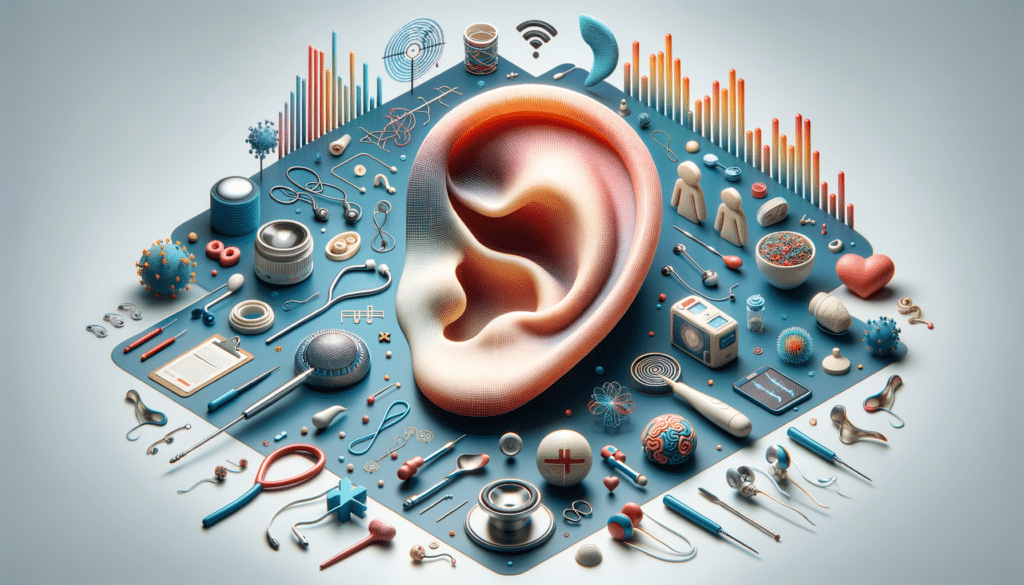Understanding Tinnitus: A Common Yet Complex Condition
Tinnitus, often described as a ringing in the ears, is a condition that affects millions of people worldwide. It can manifest as various sounds, including buzzing, humming, or whistling, and can vary in intensity from a mild nuisance to a debilitating condition. Understanding the underlying causes of tinnitus is crucial for effective treatment. While it can be a symptom of an underlying health issue such as hearing loss, ear injury, or a circulatory system disorder, sometimes the cause remains elusive. This complexity makes tinnitus a challenging condition to manage, underscoring the importance of a comprehensive approach to treatment.
Exploring Treatment Options: From Sound Therapy to Medication
Treatment for tinnitus is as varied as its causes. One of the most common approaches is sound therapy, which uses external noise to alter the perception of or reaction to tinnitus. This can include white noise machines, hearing aids, or specialized sound apps. Cognitive behavioral therapy (CBT) is another effective treatment, helping patients change their perception and reaction to tinnitus. In some cases, medication may be prescribed to alleviate symptoms, though it is not a cure. Each treatment option has its own set of benefits and limitations, making it essential for patients to work closely with healthcare providers to find the most suitable approach.
The Role of Specialists: Audiologists and ENT Doctors
Consulting specialists is a key step in managing tinnitus effectively. Audiologists, who specialize in hearing health, can conduct tests to assess hearing loss and recommend appropriate treatments such as hearing aids. Ear, Nose, and Throat (ENT) doctors can help identify any underlying medical conditions contributing to tinnitus. These specialists can collaborate with other healthcare providers to create a comprehensive treatment plan tailored to the individual’s needs. Choosing the right specialist can significantly impact the management and outcome of tinnitus treatment.
Innovative Treatments: Cutting-Edge Research and Technologies
Advancements in research and technology are opening new avenues for tinnitus treatment. Neuromodulation, a technique that uses electrical or magnetic stimulation to alter nerve activity, has shown promise in reducing tinnitus symptoms. Additionally, ongoing research into the brain’s role in tinnitus perception is leading to the development of more targeted therapies. As these innovative treatments continue to evolve, they offer hope for more effective management of tinnitus in the future.
Living with Tinnitus: Coping Strategies and Support
Living with tinnitus can be challenging, but there are strategies and resources available to help manage its impact on daily life. Mindfulness and relaxation techniques can reduce stress and improve coping abilities. Support groups and counseling can provide emotional support and practical advice. It’s important for individuals with tinnitus to seek out resources and build a support network to help navigate the challenges of this condition. By taking proactive steps and working closely with healthcare professionals, individuals can improve their quality of life despite tinnitus.





